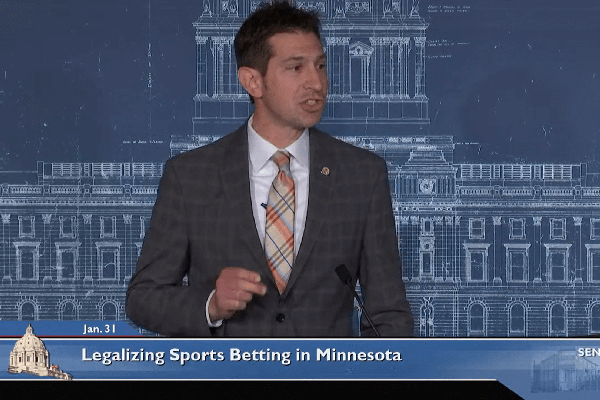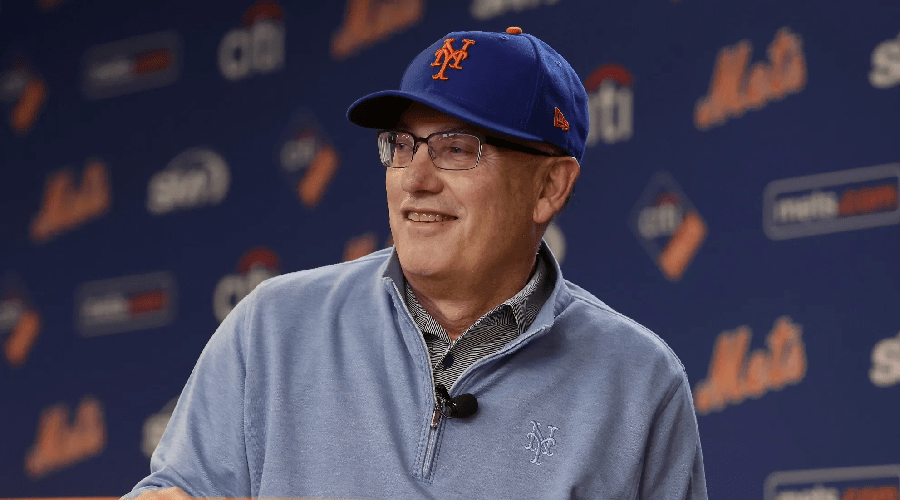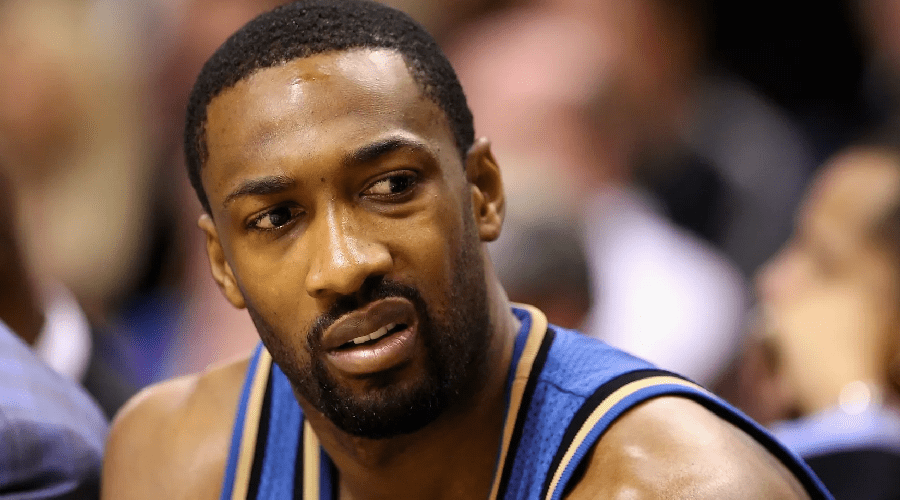Key Democrats said on Tuesday that American Indian tribes in Minnesota will receive exclusive licences for sports wagering. Both in tribal casinos and on mobile platforms, sports betting will be permitted.
Republicans do not like the fact that it will be forbidden at the state's racetracks, though.
Sports betting is necessary in Minnesota.
The DFL-Mendota Heights senator, Matt Klein, stated: "Minnesotans genuinely want sports betting, and they frequently already have access to it on the black market. They frequently don't understand why their wants are being frustrated by government and causing hassles in their life, much like with Sunday [liquor] sales a few years ago.
However, there are still issues in the Senate since Democrats oppose additional gambling expansion and Republicans favour include two racetracks. Pat Garafolo, a Republican, stated he wouldn't support the legislation without Shakopee's Canterbury Park. It wouldn't be a big deal, but if Garafolo doesn't support it, perhaps other Republicans won't either.
Additionally, he opposes allowing clients under the age of 18 to place bets in person, contending that participants must be older than 21.
The sports betting licence will be granted to each of the 11 Minnesota tribes, enabling them to negotiate with companies that offer mobile gaming platforms like FanDuel, DraftKings, or Caesars. The Minnesota Indian Gaming Association (MIGA) and the state's professional sports organisations both back the legislation.
More than 30 states have already legalised sports betting after it was declared legal by the U.S. Supreme Court in 2018.
Minnesota sports organisations declared their support for tribal exclusivity in a letter. That letter was signed by the team presidents of the Minnesota Lynx, Timberwolves, Twins, United, Vikings, and Wild.
The clubs and tribes have a fantastic relationship that lasts a long time, according to Twins President Dave St. Peter. Through advertising and increased fan interaction, the teams will also immensely profit from the tribes' exclusivity.
They'll want to advertise their sports betting platforms where the fans are, he stated.
An rise in tax revenue
DFLers assert that if tax income remains at 10%, sports betting will only slightly enhance tax revenue, bringing in up to $12 million annually. However, the funds will be used to pay for the costs associated with overseeing and controlling gaming.
After covering those costs, 40% of the money would then be used to address the problem of problem gambling, and another 40% would go towards sports programmes for local youth.
The spokespeople for both racetracks declared that they wanted to be a part of the legislation because, on the one hand, the regulation of sports betting is crucial to the future of racetracks and, on the other, it may be extremely advantageous for the state.
Before anything is done, however, the law must be approved by many committees from both parties. The floor votes will then be accessible, although that won't likely happen until April.






